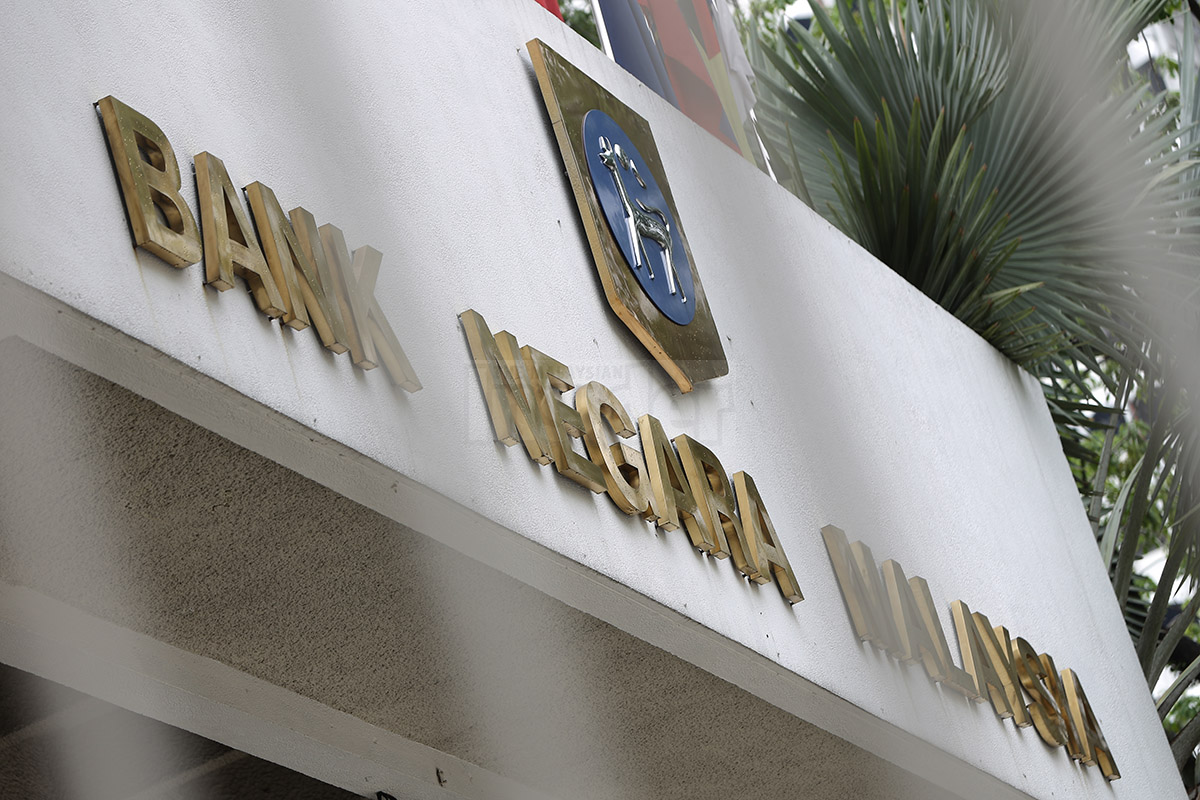 Bank Negara Malaysia has signed agreements with its counterparts in Thailand and the Philippines on market access and operational flexibility for lenders. – The Malaysian Insider file pic, March 14, 2016.Bank Negara said today it has signed agreements with its counterparts in Thailand and the Philippines on market access and operational flexibility for lenders, as the Asean countries move towards an integrated banking market.
Bank Negara Malaysia has signed agreements with its counterparts in Thailand and the Philippines on market access and operational flexibility for lenders. – The Malaysian Insider file pic, March 14, 2016.Bank Negara said today it has signed agreements with its counterparts in Thailand and the Philippines on market access and operational flexibility for lenders, as the Asean countries move towards an integrated banking market.
The Association of Southeast Asian Nations (Asean) established an Asean Economic Community at a summit in Kuala Lumpur in November, aiming to promote the flow of trade, capital and professional labour in a single market of 625 million people with combined economic output of US$2.6 trillion.
The bloc's 10 nations have been discussing economic and banking integration for years, with the idea of increasing access for each country's lenders to the others' markets.
"This signifies a major step forward in the advancement of an integrated banking market within Asean and towards strengthening intra-regional trade and investment," Bank Negara Malaysia, the central bank, said in a statement. No further details were given.
Bank of Thailand said the agreement was a foundation for future bilateral negotiations on the establishment of Qualified Asean Banks (QABs) in each country.
In a separate announcement, Malaysia and Thailand also appointed banks to support plans for improved trade settlement.
Malaysia's CIMB Bank Berhad and Maybank, as well as Bangkok Bank Public Company Limited and Kasikornbank Public Company Limited, were appointed dealers for the settlement of Ringgit-Baht trade under a Local Currency Settlement Framework that was signed between the two countries in August. Malaysia signs bank access agreements with Thailand and Philippines
KUALA LUMPUR, March 14 (Reuters) - Malaysia's central bank said on Monday it has signed agreements with its counterparts in Thailand and the Philippines on market access and operational flexibility for lenders, as the Asean countries move towards an integrated banking market.
The Association of Southeast Asian Nations (Asean) established an Asean Economic Community at a summit in Kuala Lumpur in November, aiming to promote the flow of trade, capital and professional labour in a single market of 625 million people with combined economic output of $2.6 trillion.
The bloc's 10 nations have been discussing economic and banking integration for years, with the idea of increasing access for each country's lenders to the others' markets.
"This signifies a major step forward in the advancement of an integrated banking market within Asean and towards strengthening intra-regional trade and investment," Bank Negara Malaysia, the central bank, said in a statement. No further details were given.
Bank of Thailand said the agreement was a foundation for future bilateral negotiations on the establishment of Qualified Asean Banks (QABs) in each country.
In a separate announcement, Malaysia and Thailand also appointed banks to support plans for improved trade settlement.
Malaysia's CIMB Bank Berhad and Maybank, as well as Bangkok Bank Public Company Limited and Kasikornbank Public Company Limited, were appointed dealers for the settlement of Ringgit-Baht trade under a Local Currency Settlement Framework that was signed between the two countries in August. Malaysia signs bank access agreements with Thailand and Philippines. – Reuters, March 14, 2016.

Comments
Please refrain from nicknames or comments of a racist, sexist, personal, vulgar or derogatory nature, or you may risk being blocked from commenting in our website. We encourage commenters to use their real names as their username. As comments are moderated, they may not appear immediately or even on the same day you posted them. We also reserve the right to delete off-topic comments